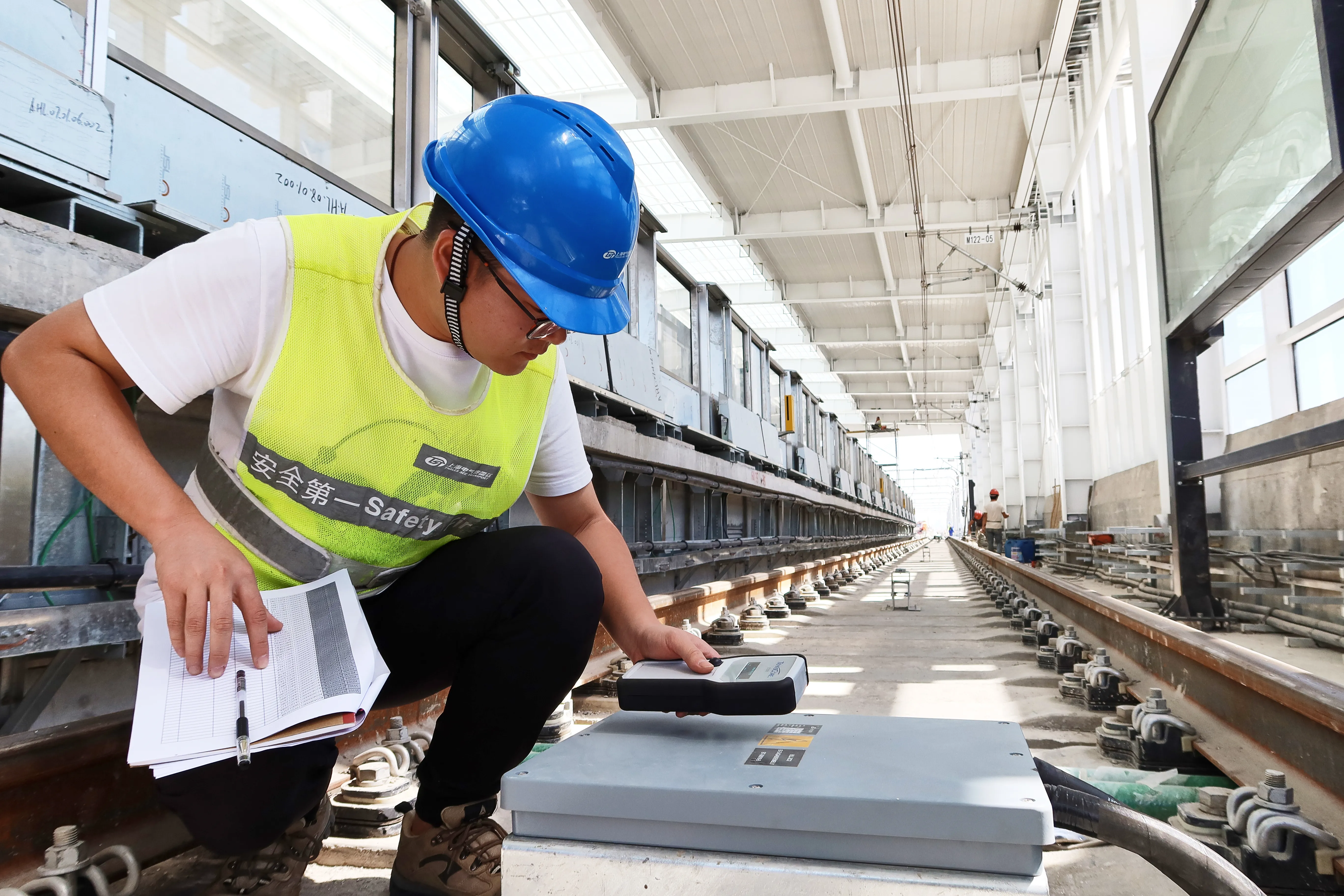TransEd Partners, a consortium including global engineering and construction company
The project will be delivered using a public-private partnership (P3) procurement model. Bechtel is the lead partner for the design and construction of the project. Bechtel also helped to secure financing and will assist in the provision of the operations and maintenance during the service period.
The multi-phased, 27-kilometre urban route will ultimately create 25 new stops and three stations for an estimated 100,000 daily commuters. The first phase of the Valley Line is a13.1-km section with 11 stops and one two-storey station, which will run between Mill Woods and 102 Street, connecting commuters with the Capital Line and Metro Line at Churchill Station. Construction is due to start later this year.
Consortium awarded LRT project in Canada
TransEd Partners, a consortium including global engineering and construction company Bechtel, has been selected by the City of Edmonton to finance, design, supply vehicles, build, operate, and maintain the first phase of the Edmonton Valley Line Light Rail Transit project. The Valley Line is central to the City of Edmonton's transportation plan, designed to meet the demands of Canada's second fastest-growing city that is expected to increase in size by 50 per cent by 2040.
February 12, 2016
Read time: 2 mins









